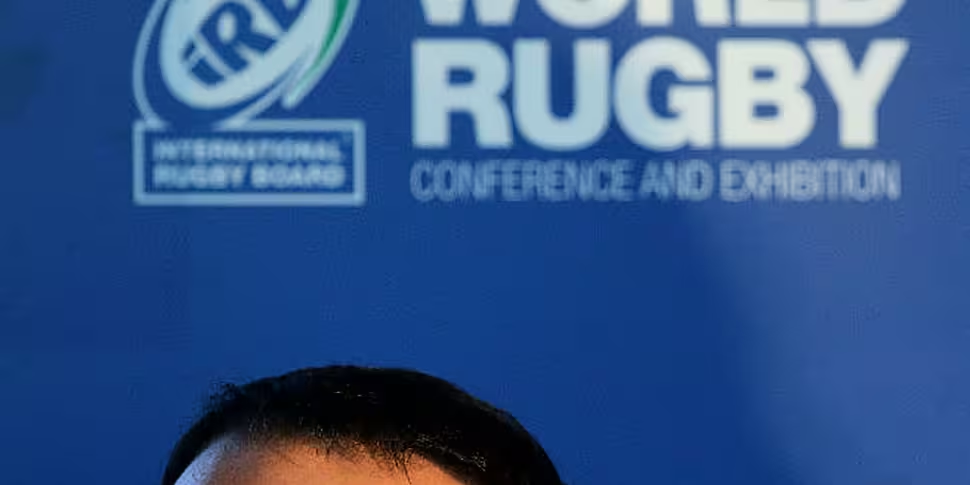Earlier today Minister for Sport Leo Varadkar launched a campaign for Ireland to host the 2023 Rugby World Cup.
While the tournament is still 10 years away, there has already been plenty of talk about the economic feasibility of a bid and whether it can succeed.
Off The Ball got the opinion of the Irish Times rugby correspondent Gerry Thornley.
Thornley feels that New Zealand provides a good comparison given the similarities in size and population.
"Having been to the [2011] World Cup in New Zealand, Ireland has advantages over New Zealand in some respects. You've got to remember that when the New Zealand bid was made, it was pilloried in all quarters and especially by the New Zealand media. They said it would be an economic disaster and that they wouldn't have the infrastructure," said Thornley.
"In truth, it was a financial success and showed New Zealand in a great light. By comparison, Ireland has much more hotel rooms and if you think about Ireland's positioning compared to New Zealand, all the European playing nations are very much on the doorstep. There are also direct flights to the rest of the rugby-playing world. Thanks to the involvement of the GAA, Ireland would also have the grounds."
Indeed some figures suggest there could be an €800 million boon to the Irish economy. But how complicated is the bidding process?
"The problem is that there are other nations expressing an interest like Italy, USA, Argentina, South Africa and France. And then there's the political card playing," said Thornley.
"There are 27 on the IRB Council, two each from the Six Nations and four southern hemisphere nations, one each from five regions and then the chairman and vice-chair. You're looking at 28 people voting for this and all sorts of political maneuvering for the bid to be successful. The bids don't have to be tendered until 2016 and the decision is made in 2017."
©INPHO/Dan Sheridan









